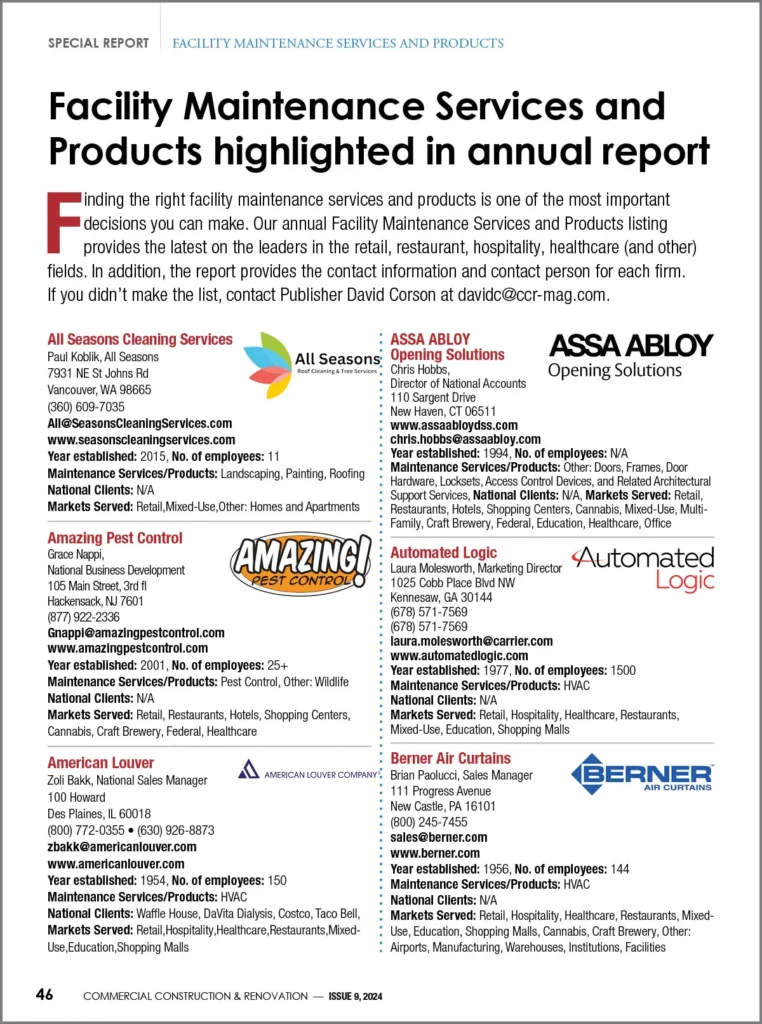The water tube low temperature industrial boiler market is set to grow from its current market value of more than $1.77 Billion to over $2.72 Billion by 2032; as reported in the latest study by Global Market Insights, Inc.
There is an increase in the demand for low-emission and energy-efficient heating units in various industrial operations. The food processing industry requires consistent and precise temperatures, which, along with significant investments in boiler design and efficiency, will drive market growth. Stringent environmental regulations and government incentives aimed at reducing carbon footprints will also promote the adoption of low-temperature industrial boilers.
The market share from water tube low temperature industrial boilers operating between 160°F and 180°F is set to surpass USD 1 billion by 2032. The focus on reducing fuel consumption and lowering energy bills, combined with the integration of advanced control systems and IoT technologies, enhances temperature management and energy efficiency. This will increase product penetration. Investments by both private and public sectors in reliable and efficient heating units, along with government efforts to meet sustainability goals, will further drive market dynamics.
The chemical water tube low temperature industrial boiler market is anticipated to grow at a CAGR of over 4% through 2032. The integration of smart management and precise control systems will drive this growth. New water tube boilers with advanced monitoring systems and automatic shut-off mechanisms are being adopted to meet safety standards in the chemical process industry. A growing demand for chemical products in applications such as agrochemicals, polymers, pharmaceuticals, and specialty chemicals, along with the need for reliable and efficient heating systems, will enhance market potential.
Asia Pacific water tube low temperature industrial boiler market is expected to exceed USD 1.2 billion by 2032. Economic growth and rapid industrialization in emerging economies will drive this expansion. Urbanization and construction activities in the region, along with the demand for industrial boilers in sectors such as steel, cement, and construction materials, will escalate market growth. The region’s status as a major hub for chemical and petrochemical production, which requires precise temperature control, along with increasing environmental awareness, will shape the industry landscape








 The 2024 virtual Men’s Round Table will be held Q4, 2024, date TBD.
The 2024 virtual Men’s Round Table will be held Q4, 2024, date TBD.













